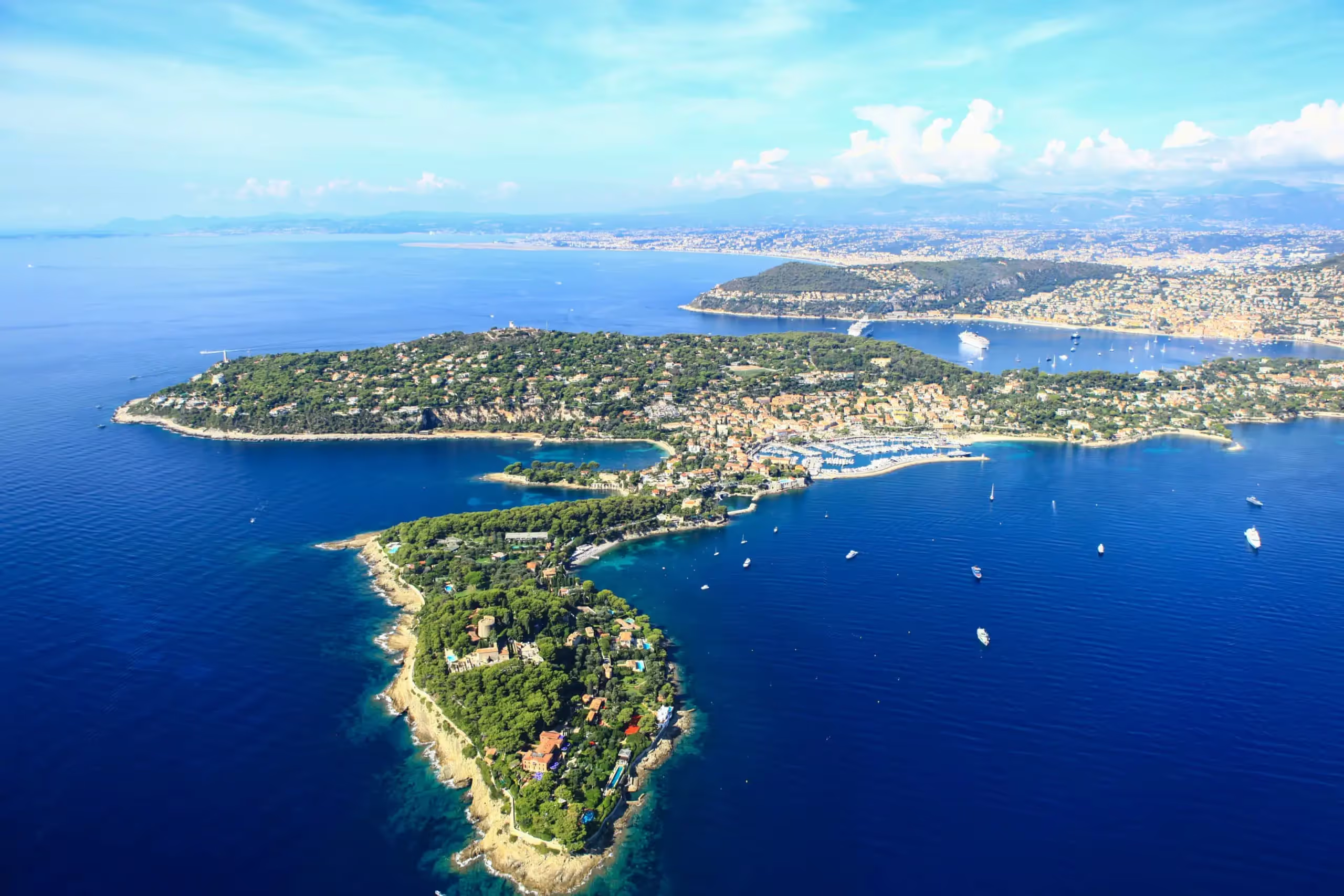
Investing in high-end real estate in France offers not only a luxurious lifestyle but also attractive financial returns. However, to successfully acquire and structure such an investment, a nuanced understanding of the legal and tax landscape is indispensable. Whether for personal use or rental income, navigating the complexities of the French real estate market requires expert guidance. Below is a comprehensive overview to help inform your decisions.
Understanding the Acquisition Process
The process begins with a meticulous property search and thorough due diligence. Identifying prime locations and evaluating property types that align with your objectives is essential. Inspections should confirm the property’s condition and assess its fair market value.
Legal due diligence is equally critical. This includes verifying ownership, identifying any encumbrances, and confirming zoning and usage rights. Typically, the process involves signing a preliminary contract (Compromis de Vente), which includes a ten-day statutory cooling-off period. The transaction is finalized with the execution of the Acte de Vente before a notary, rendering the transfer legally binding.
Structuring the Acquisition
Investors may consider various ownership structures. While direct ownership is straightforward, it may expose personal assets to liability. An alternative is acquiring the property through a Société Civile Immobilière (SCI), which allows for more flexible management and succession planning. Trusts or corporate vehicles may provide further tax planning opportunities but must be implemented with careful legal oversight.
Financing options include outright purchase, mortgages from French or Monaco-based lenders, or a hybrid approach. Mixed financing is often preferred by investors looking to optimize liquidity while leveraging attractive borrowing conditions.
Tax Implications of Acquiring and Owning Real Estate in France
A clear understanding of tax liabilities is critical to successful investment planning. The French tax regime imposes charges upon acquisition and throughout ownership, with implications for both residents and non-residents.
1. Acquisition Costs
Registration duties (droits de mutation à titre onéreux) for existing properties typically range between 5% and 6% of the purchase price. New builds may benefit from reduced rates. Notarial fees, covering both legal and administrative costs, range from 1% to 2%.
2. Ongoing Property Taxes
• Taxe Foncière: An annual land tax based on the property's cadastral rental value.
• Taxe d'Habitation: While largely abolished for primary residences, it may still apply to second homes.
3. Rental Income Tax
Rental income is taxed at progressive French income tax rates (0% to 45%) and is subject to social charges of approximately 17.2%.
4. Capital Gains Tax
Primary residences are exempt. Other properties are taxed at a flat rate of 19%, plus social charges. Full exemption is available after 22 years (capital gains) and 30 years (social charges) of ownership.
5. Wealth Tax (IFI)
The Impôt sur la Fortune Immobilière applies to real estate assets exceeding €1.3 million in net value, with progressive rates from 0.5% to 1.5%. Certain liabilities and corporate structures may reduce the taxable base.
Ongoing Ownership Considerations
After acquisition, professional property management is essential for maintenance, rental administration, and compliance. Adequate insurance is also critical to safeguard your investment.
For investors considering rental income, short-term leases offer flexibility but may be regulated locally, while long-term rentals provide stable returns. Ownership structure decisions made at acquisition directly influence future tax liabilities, particularly when transitioning to a rental model.
The Importance of Professional Advice
Given the complexities of legal, fiscal, and regulatory frameworks, engaging experienced professionals is vital. They provide access to off-market listings, ensure legal compliance, and offer strategies for tax optimization. Expert negotiators can also secure favorable terms, ensuring a seamless and efficient transaction from search to closing.
Investing in luxury real estate in France can be immensely rewarding, offering lifestyle prestige and financial opportunity. However, success depends on strategic planning, proper structuring, and reliable professional support.
Whether acquiring a primary residence or an investment property, the Calista Real Estate team remains at your service to guide your journey with the professionalism and discretion that discerning clients expect.
Contact us today to explore premier listings and establish your foothold in France’s most prestigious markets.
Disclaimer
This article is provided for general informational purposes only and does not constitute legal, tax, or financial advice. Laws and regulations are subject to change and may not apply to all circumstances. We strongly recommend consulting with qualified legal and tax advisors before undertaking any real estate transaction in France. No attorney-client relationship is created by this publication.